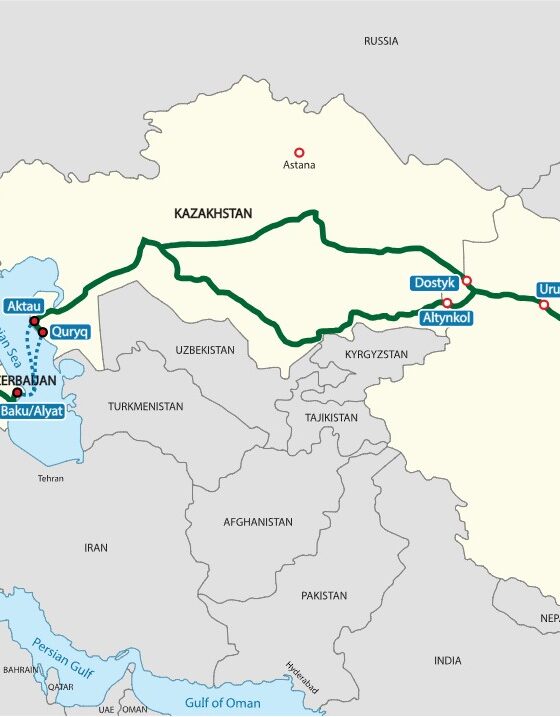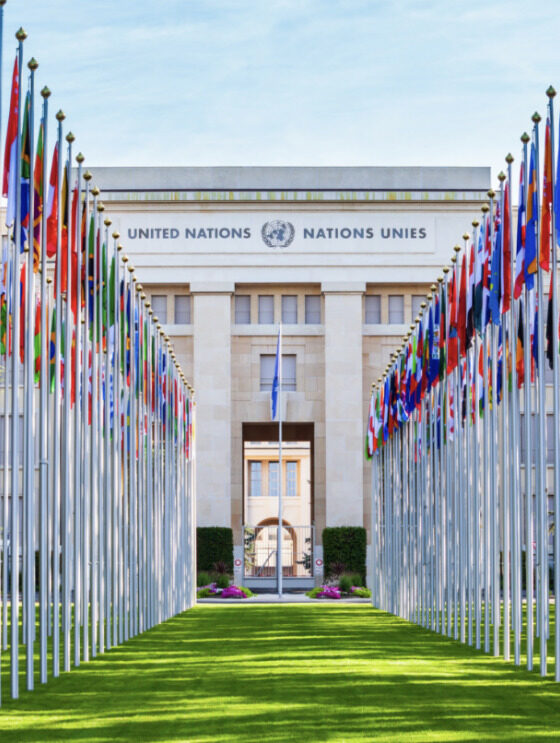Uzbekistan Initiative Papers No. 15, March 2014
By Valery Khan
After the collapse of the Soviet Union, humanities and social sciences in Central Asia have undergone tremendous changes.
Although the situation is different in each country of the region, all humanities and social sciences share similar features: they still merge scholarly standards with political ideology that come from the authorities, offer a dichotomous thinking (“positive – negative”, “true – false”), continue to use emotional and axiological vocabulary coming from Soviet phraseology, claim objective knowledge, and lack interdisciplinary approach.
In the current ideological constructions, the past in a certain interpretation acts as a natural and logically justified bridge to an outlined future.












